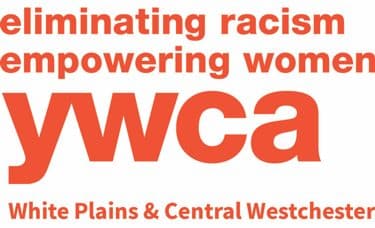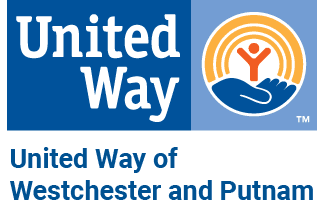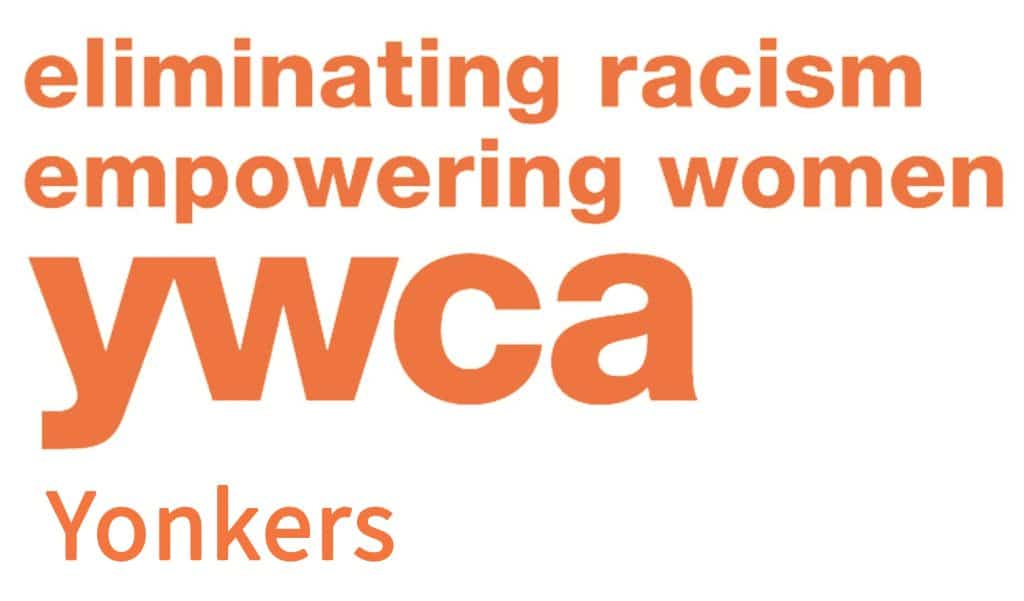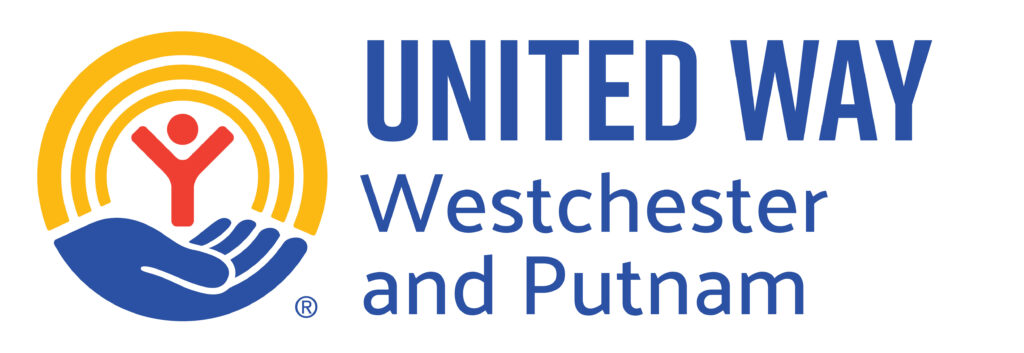Day 4: The Racial Roots of Food Assistance Programs
The fight for food justice is deeply rooted in racial injustice. Throughout history, Black and Indigenous leaders and activists have worked tirelessly to fight for racial justice by dismantling racist food systems. Today we will be taking a closer look at Black activists and their contributions to the food justice fight and food assistance programs.
One incredibly influential yet unsung activist was Shirley Chisolm, a Brooklyn native and the first Black woman elected to Congress. Her food justice activism led to the expansion of the national Food Stamps Program and mandate of the program being made available in every jurisdiction in the United States. However, her most significant contribution to the food justice movement was the creation of the Special Supplement Nutrition Program for Women, Infants, and Children (WIC) in 1966 (CUNY Brooklyn College, 2022). In the first year of WIC, the program had “…88,000 participants. By 1980, participation was at 1.9 million; by 1985, 3.1 million; by 1990, 4.5 million; and by 2000, 7.2 million” (USDA, 2022). And because of Chisolm’s incredible work, the “Average monthly participation for FY 2017 was approximately 7.3 million” (USDA, 2022).
Additionally, the Black Panther Party (BPP) created the Free Breakfast Program for Children. They opened their first location in 1969 at Father Earl A. Niels St. Augustine’s Episcopal Church in Oakland, opening a second location shortly after in San Francisco. By the time the two programs were fully operational, both founders of the BPP had been imprisoned for alleged charges they were later acquitted of. Police and federal agents continually tried to suppress the program’s success using scare tactics and harassment towards all those involved in the program while also spreading propaganda to discredit the organization. These repression efforts failed in stopping the growth of the BPP. By 1971, they had established Free Breakfast Programs in 36 cities.
Despite the many positive contributions made by the BPP, the organization and the Free Breakfast Program were eventually dismantled. Yet the platform to address racial injustices in the African American and impoverished remained. The BPP captured national attention by highlighting the need for all children to receive nutritious meals in school, persuading Congress to authorize the expansion of the Free Breakfast Program to become a permanent entitlement program in all public schools in 1975.
Today’s Challenge
Read
Read this article written by Dr. Nadia Kim of Loyola Marymount University, discussing the Black Panther Party’s Free Breakfast for Children Program, the program’s expansion beyond Oakland, State and Federal repression, and the program’s impact on food justice.
Reflection Questions
Do you eat breakfast before the start of your day/ work/ school? How do you think not eating breakfast might impact your work throughout the day?
Although food assistance programs are incredibly beneficial and essential, they rarely provide enough assistance for individuals to sustain themselves and their families. Interact with this food security simulation from Toronto Metropolitan University to gain a more realistic understanding of what it is like living off food assistance programs.
Are there programs outside of schools that help combat child hunger in your community? How can we contribute within our own communities to help address the issue of child hunger?
The 5-Day Social justice Journey is brought to you by




